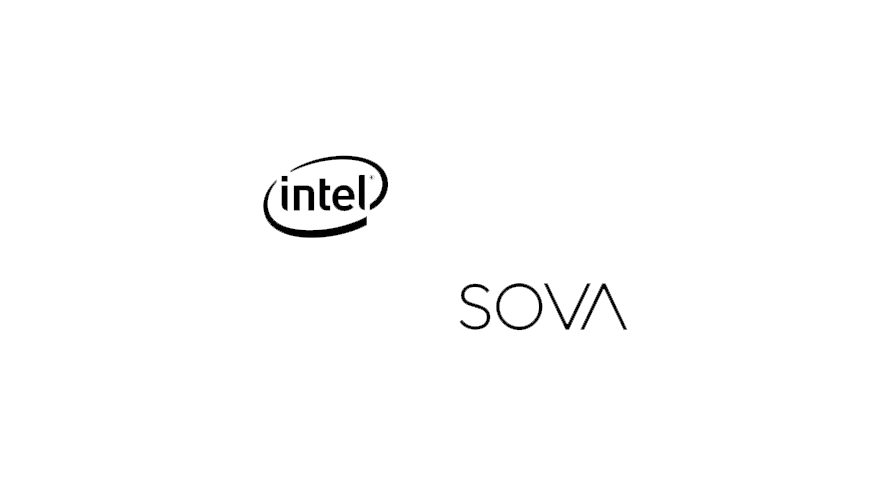Intel and Ashmanov’s Neural Networks company have signed a partnership agreement for the SOVA project that creates a decentralized open platform for virtual assistants. The platform is based on blockchain and deep learning technologies.
The main component of the platform is the PuzzleLib deep learning framework, developed in SOVA by the team of specialists in neural network technologies led by Stanislav Ashmanov.
The framework is of great interest to Intel, as it can work not only with Nvidia GPUs, but also with AMD GPUs.
SOVA’s neural networks have already successfully tested the computing speed on the Intel Modivius. Both companies agreed on the supply of Intel microprocessors for future testing on SOVA platform.
According to Stanislav Ashmanov, his company has already implemented several PuzzleLib-based commercial projects for/commissioned by different enterprises. These projects are related to photo and video information processing.
In addition, the framework allows to perform automatic classification of texts by subject or key, as well as to assess the proximity of texts and perform machine translation. According to the IDC company research, the integration of artificial intelligence (AI) will provide manufacturers with the profits up to $ 57.6 billion by 2021.
Intel has already managed to earn $1 billion from the sale of Xeon processors for AI and continues to invest in the development of this sector.
Earlier, on August 17 this year, Intel acquired Vertex.AI, a Seattle-based startup focused on the development of deep learning tools and related technologies. The team of Vertex.AI joined Movidius in Intel’s Artificial Intelligence Product Group.
Through this acquisition, Intel has received an experienced team and the IP to gain the benefits of deep learning for edge computing. The main value for Intel in acquiring this startup is the learning mechanism they have developed for each platform — PlaidML.
It’s worth mentioning that Vertex.AI is not Intel’s first acquisition this year. Previously, the company purchased the developer of eASIC chips, which specializes in ASIC and FPGA chips.
